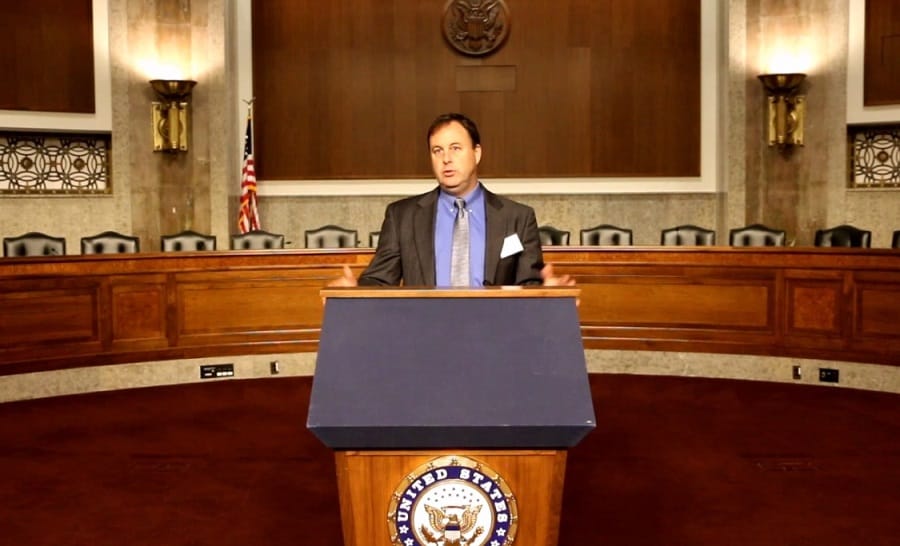Data Produced By Cell Phones Not Sufficiently Accurate to Use for Coronavirus Contact Tracing, Says ACLU
April 10, 2020 – Data produced by cell phones is “not sufficiently accurate to be used for contact tracing,” according to Jay Stanley, senior policy analyst at a Wednesday press briefing by the American Civil Liberties Union. Contact tracing is the practice of using data to infer the likelihood that










Member discussion